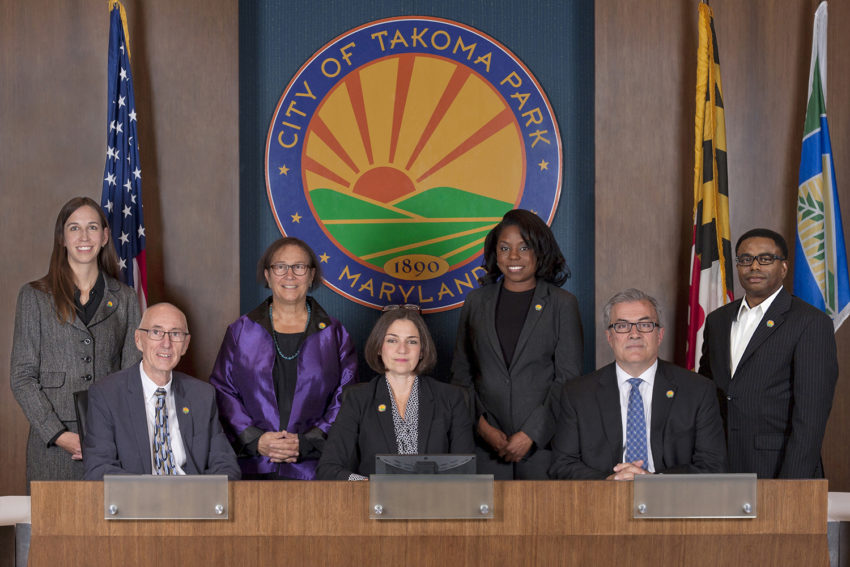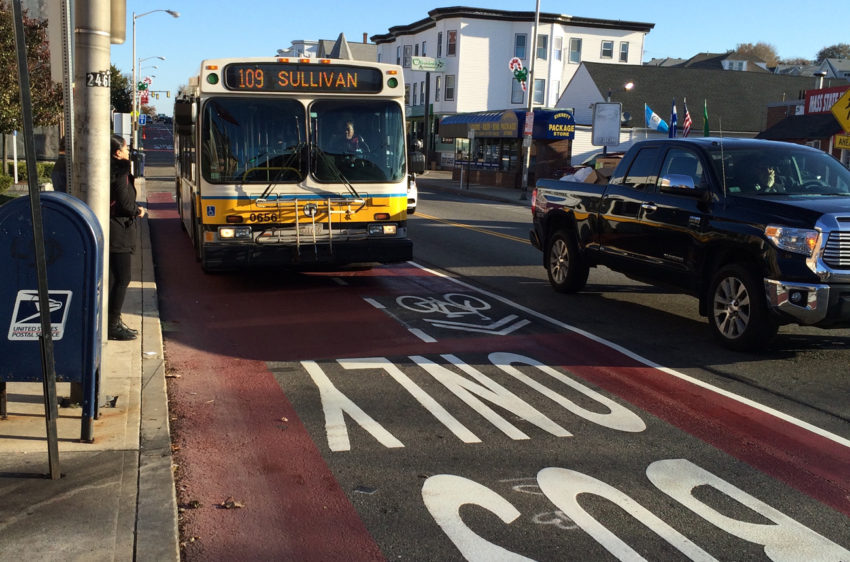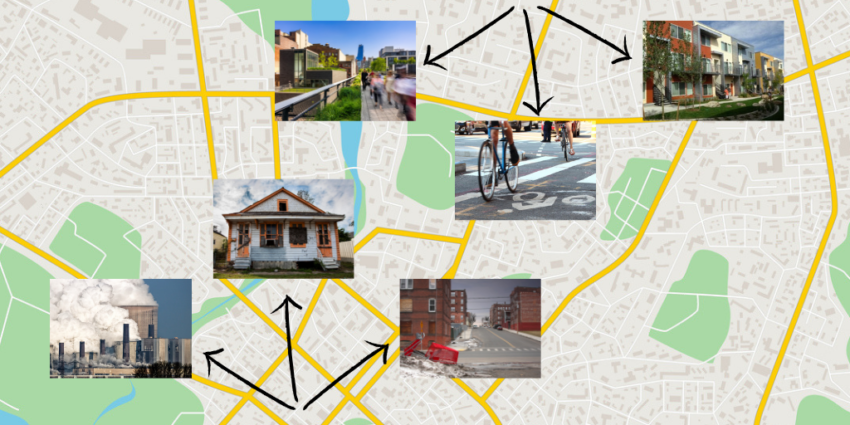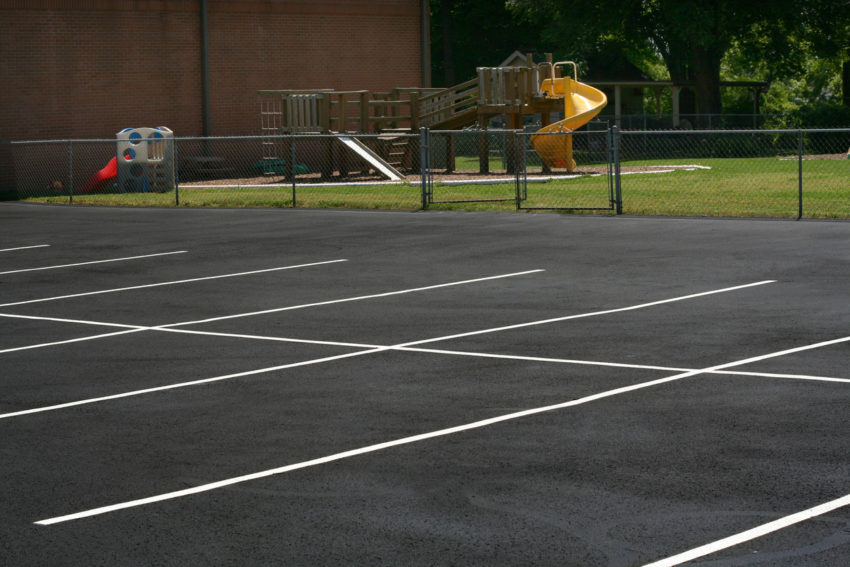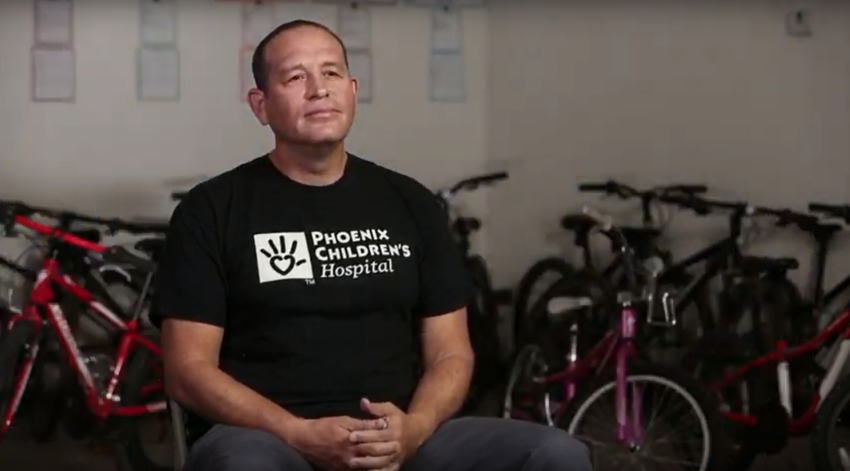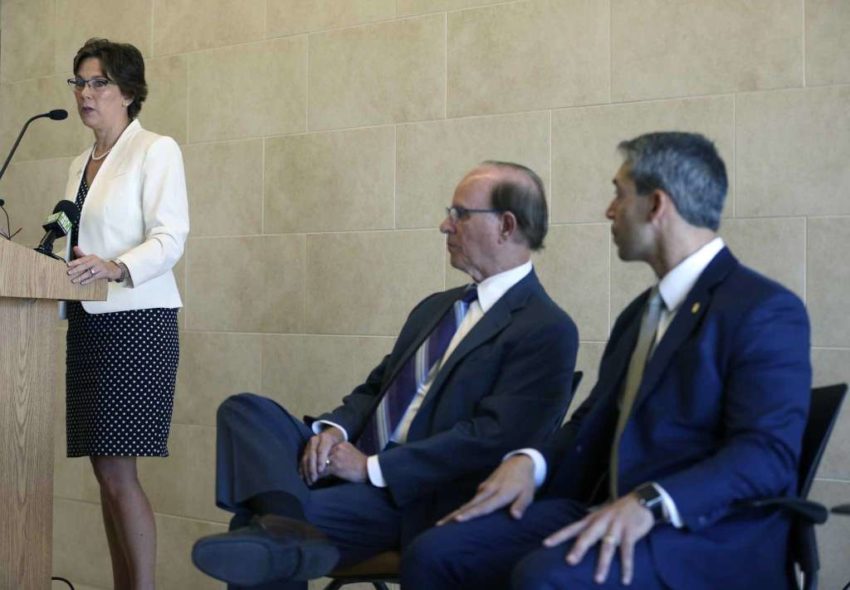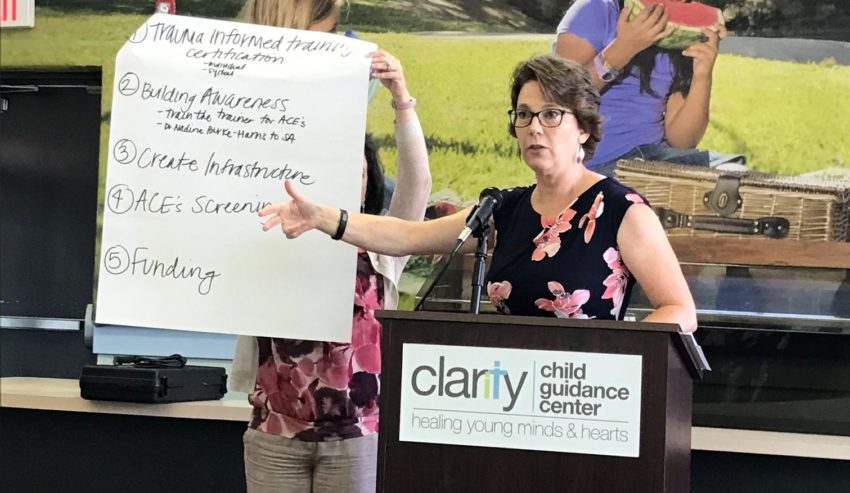New York Approves America’s First Congestion Pricing Policy
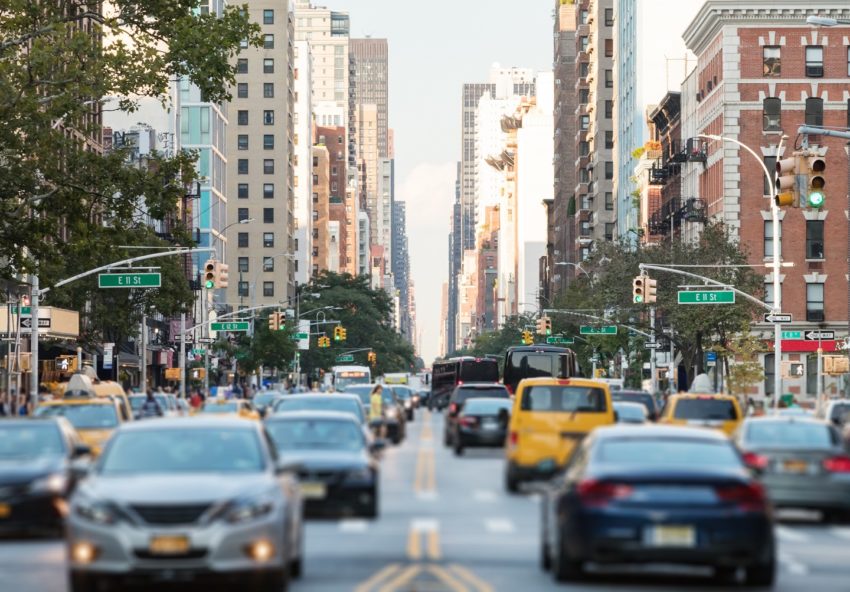
After more than 10 years of advocacy, New York became the first US state to approve a plan to charge drivers to enter highly trafficked areas during peak times, known as congestion pricing. International metropolitan areas, such as London and Stockholm, have implemented similar fees for over a decade. It took a transportation crisis in midtown Manhattan—where congestion slowed drivers to nearly a walking pace—for elected officials to act on congestion pricing. The fees will go into effect by 2021 and will be dedicated to improving public transit. Hidden Costs The cumulative cost to drive a car is often the second largest household expense—which can be particularly burdensome for Latino families who are burdened by high housing costs and lack of safe, reliable ...
Read More

